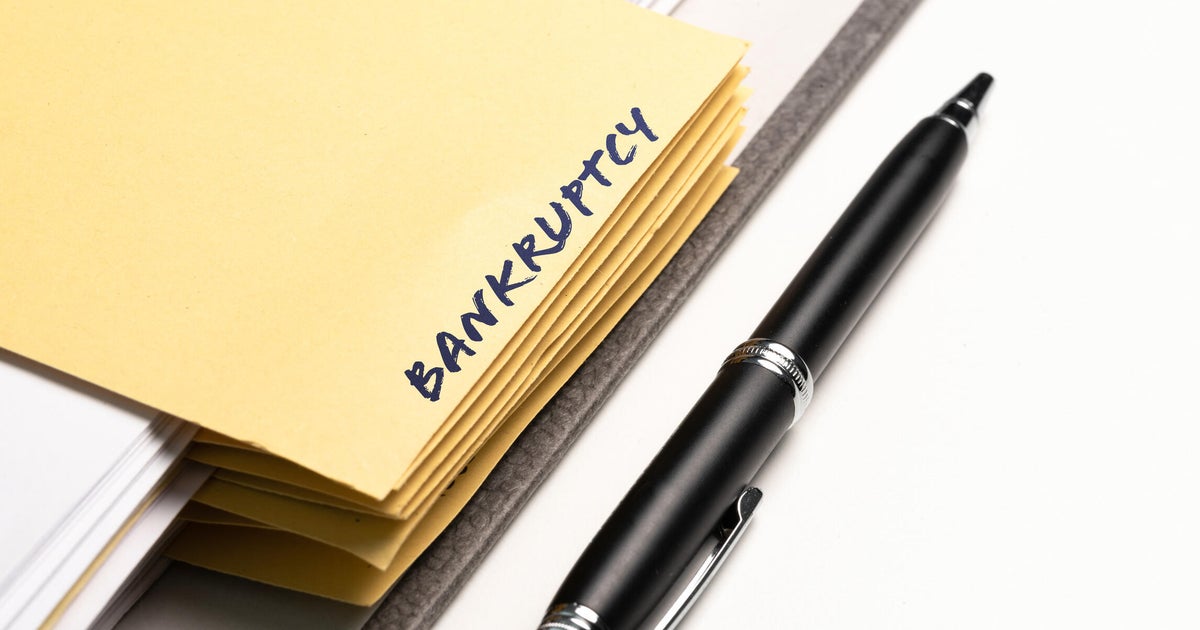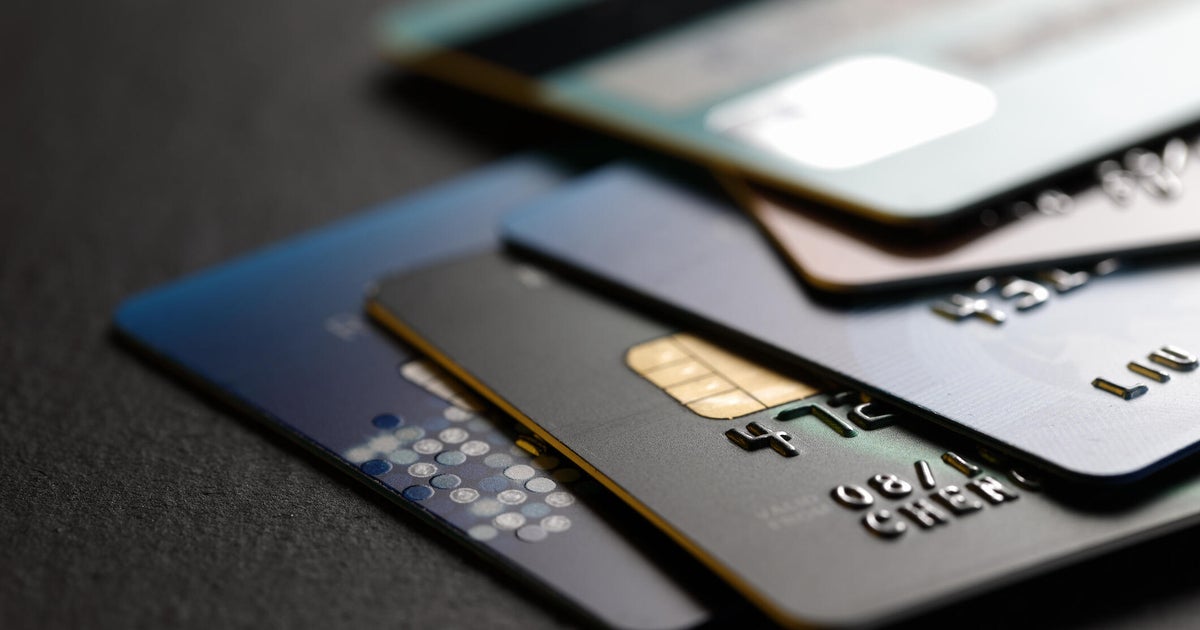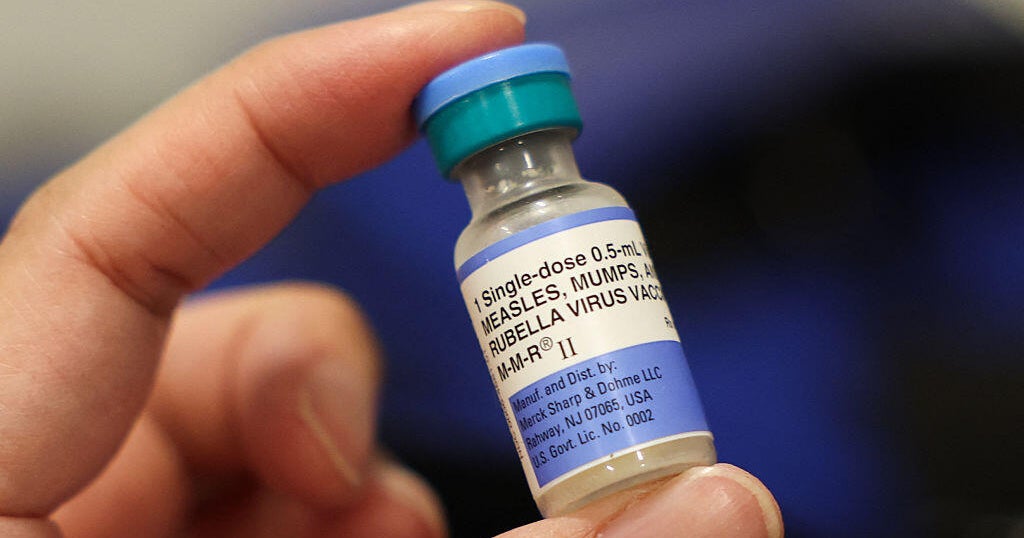5 times debt relief is better than bankruptcy
Today's high-rate environment has put a lot of pressure on borrowers, and that's especially true for credit card users. Right now, the average credit card rate hovers above 21%, which means that if you're carrying a balance from month to month, you're paying a lot of money in interest on what you owe. That type of interest can cause your credit card debts to grow out of control quickly, making it tough to repay what you owe.
If you're facing a similar situation, you may be considering bankruptcy to get some relief. But while filing for bankruptcy can offer a fresh start by eliminating your credit card debts, it also comes with severe long-term consequences that can impact your financial life for years to come. That's why, in many cases, it can make sense to consider debt relief before filing for bankruptcy.
With debt relief, you may be able to restructure and pay back what you owe in a more manageable way. And, there are numerous options to choose from, including debt consolidation loans, debt management plans and debt settlement programs. There are certain times, in particular, when it makes more sense to choose debt relief over bankruptcy. Below, we'll detail what you should know.
Ready to tackle your credit card debt? Learn more about your debt relief options here.
5 times debt relief is better than bankruptcy
Here are a few key times when debt relief makes more sense than filing for bankruptcy:
When you have a steady income source
If you have a reliable job or income stream, credit card debt forgiveness or other types of debt relief could be worth exploring first before taking the drastic measure of filing for bankruptcy. After all, lenders, creditors and debt relief firms are usually willing to work with you by revising payment plans if they see you have the ability to eventually pay down the debts.
If you opt for bankruptcy, though, you give up that leverage and a bankruptcy court gets to decide your path, even if you have a reliable income to work with.
Find out how a debt relief service could benefit you today.
When you want to protect your assets and credit
Bankruptcies leave a damaging mark on your credit report that can last for up to 10 years, making it difficult to get approved for mortgages, auto loans, credit cards, rental properties and even some jobs during that time. And, if you file for certain types of bankruptcy, you may also be required to liquidate major assets like your home, car, investments and other valuable property to pay off debts.
With debt relief programs, you may be able to avoid this type of widespread credit damage and also keep your property. For example, debt consolidation loans simply streamline your payments without impacting your credit any more than the existing debts do.
And, while certain types of debt relief plans can hurt your credit initially, these services may help improve your score over time if you adhere to the terms of the agreement. Even debt settlement, which can cause a bigger credit score hit initially, typically only affects your report for about two years.
When you have a reasonable debt amount
If your debts are many times higher than your annual income or total assets, debt relief may be possible, but bankruptcy may be necessary. But for debts that are not wildly out of control compared to your financial situation, creditors are often willing to negotiate and help you avoid bankruptcy.
When debts are more proportional, programs like debt consolidation and debt management usually offer opportunities for repayment plan adjustments. By working with the creditors to find a plan that works for your finances, you may be able to make the debts manageable again without discharging them entirely.
When you can quickly increase cash flow
If you have plans to increase your income with a higher-paying job, lucrative freelance opportunities, an inheritance or by selling assets, then it may be advantageous to try and avoid bankruptcy. Debt relief solutions typically offer more flexibility than bankruptcy to dedicate any temporary boosts in cash flow toward accelerating debt paydown.
With debt consolidation loans or debt management plans, you can make greater than minimum payments anytime you have excess funds available. Those extra amounts can go directly toward the principal balance, helping to pay off your debts faster. And debt settlement programs also allow you to expedite negotiations by increasing the lump sum amounts offered to creditors.
With bankruptcy, your repayment plan is set based on your current income over a three- to five-year timeframe. Any income increases during that period are part of your bankruptcy estate, limiting your ability to apply those funds toward debts in the same way as debt relief programs. You'd have to get court approval to update the repayment terms.
When your ultimate goal is to be debt-free
While bankruptcy allows you to wipe out certain debts, like credit card bills or certain types of loans, it cannot eliminate all debts. Student loans, recent taxes, child support and alimony and debts incurred through fraud all survive bankruptcy.
If you want a comprehensive fresh start with zero debts, a debt relief strategy that allows you to fully repay what you owe on your credit cards and personal loans may be better aligned with that goal. By taking care of these high-interest loans, you'll free up money over time to pay off the other types of debts that wouldn't be discharged with bankruptcy anyway.
The bottom line
Every financial situation is unique, so be sure to carefully assess your specific circumstances before deciding if debt relief or bankruptcy is the appropriate path forward. But if regaining traction without enduring bankruptcy's long-term credit damage is possible, exploring debt relief solutions can be extremely worthwhile.




